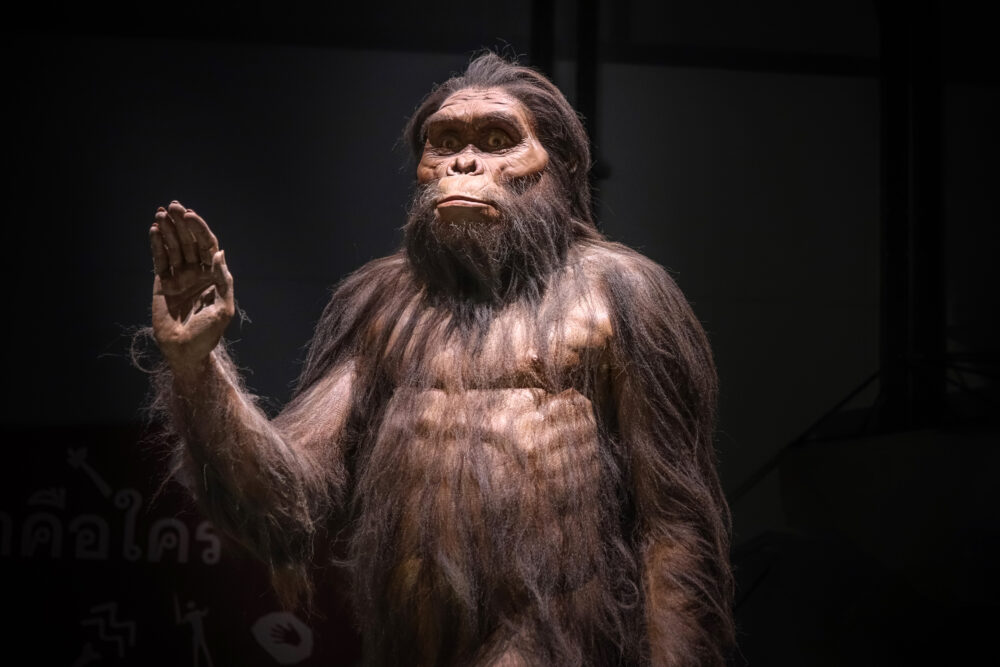

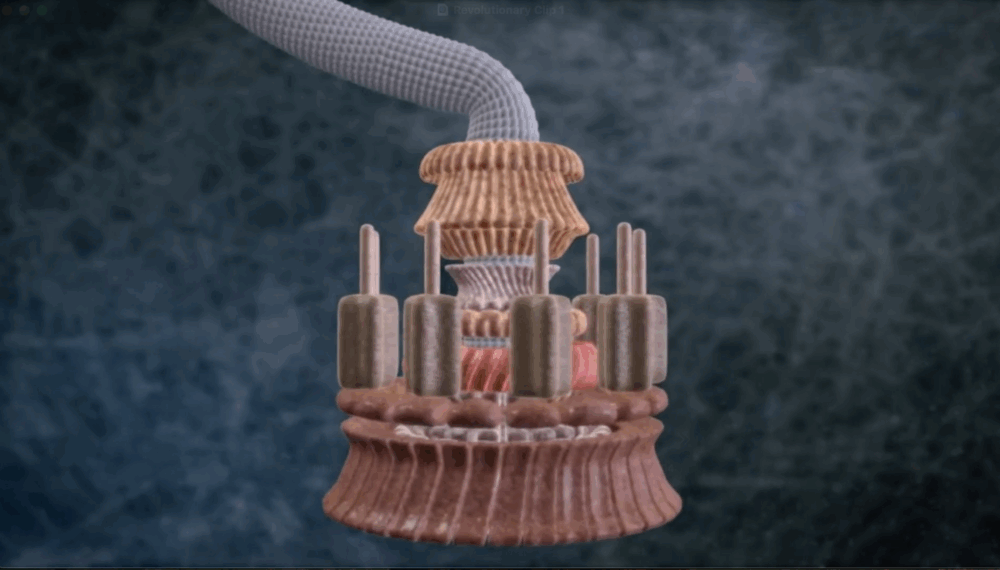
Casey Luskin on the Core Concepts of Intelligent Design
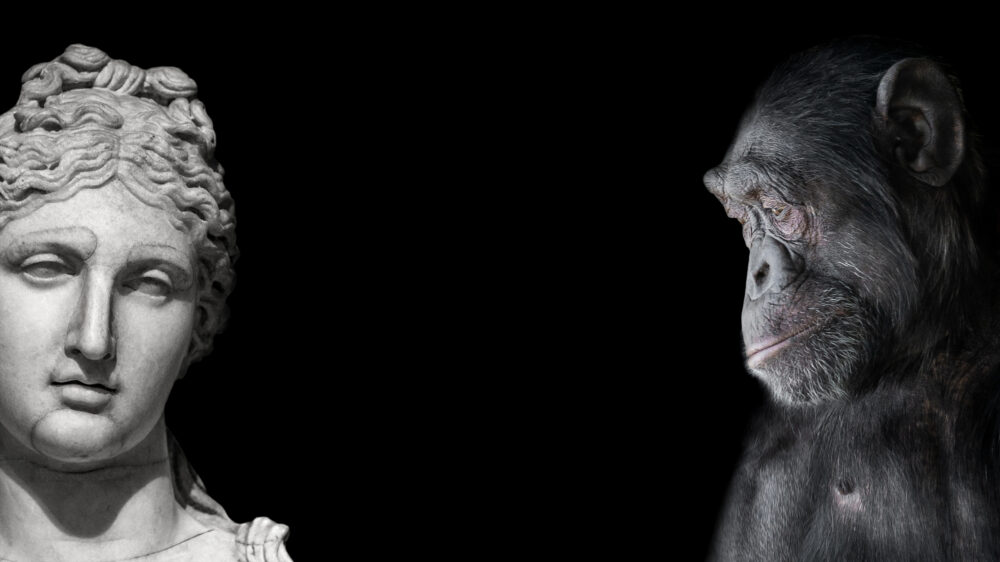
New Study Shatters the 1% Human-Chimp Difference Myth

Berlinski: Why Humans Are Unique in the World of Matter
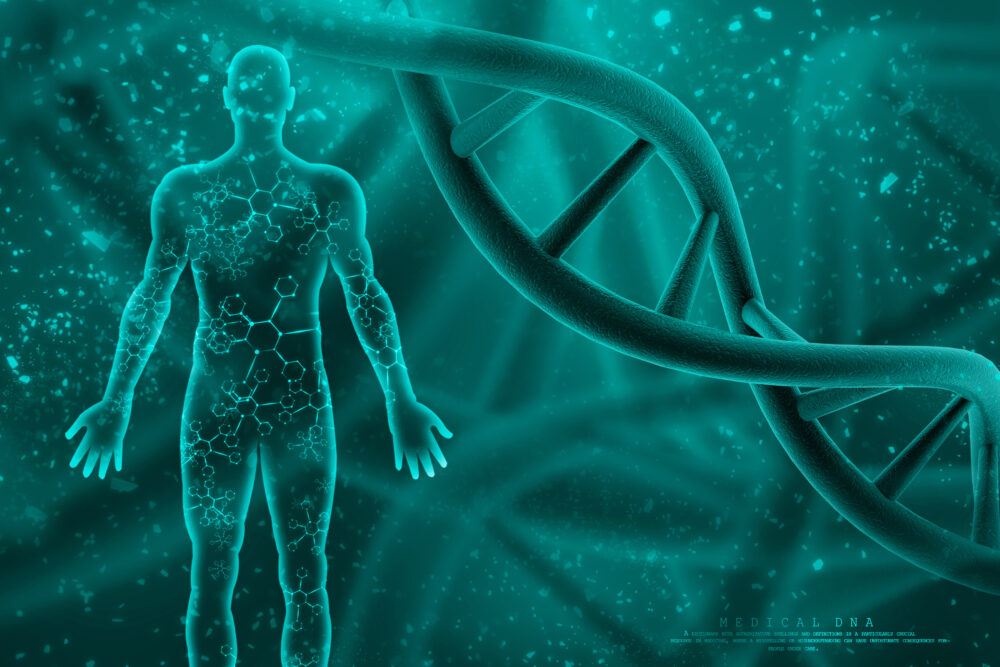
A Guide to Understanding Contemporary Models of Human Origins

How Faith Can Improve Rigor and Creativity in Scientific Research
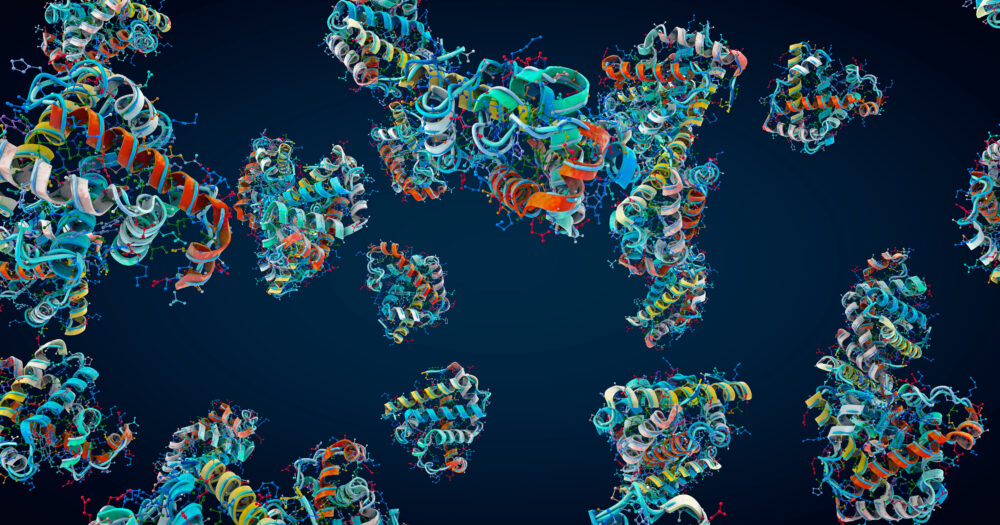
Protein Evolution, The Waiting Times Problem, and the Intriguing Possibility of Two First Parents

God’s Grandeur: Ann Gauger on the Scientific Case for Design

Your Designed Body: “Irreducible Complexity on Steroids”
On today’s ID the Future, Your Designed Body co-author and physician Howard Glicksman talks with host and neurosurgery professor Michael Egnor about Glicksman’s new book, co-authored with systems engineer Steve Laufmann. Glicksman walks through a series of systems in the human body that are each irreducibly complex, and are each part of larger coherent interdependent systems. As Glicksman puts it, the human body is “irreducible complexity on steroids.” How could blind evolutionary processes, such as neo-Darwinism’s joint mechanism of natural selection working on random genetic mutations, build this bio-engineering marvel? Your Designed Body makes the case that it couldn’t. It’s not even close. What is required instead is foresight, planning, and engineering genius.

Casey Luskin Returns, Teases a New Book, Celebrates ID 3.0
On today’s ID the Future, Rob Crowther continues his conversation with Casey Luskin, the intelligent design proponent who previously worked for Discovery Institute’s Center for Science and Culture and has now returned. As Luskin explains, he left to pursue a PhD in geology at the University of Johannesburg in South Africa. The two discuss the wild conspiracy theories circulated by opponents of intelligent design when Luskin stepped away from Discovery Institute five years ago. Luskin also tells about an upcoming book he’s been working on with William Dembski, another intelligent design proponent who stepped away from day-to-day ID work and is now putting a foot back in the ID waters. Also on tap in today’s conversation, Luskin and Dembski’s upcoming appearance Read More ›